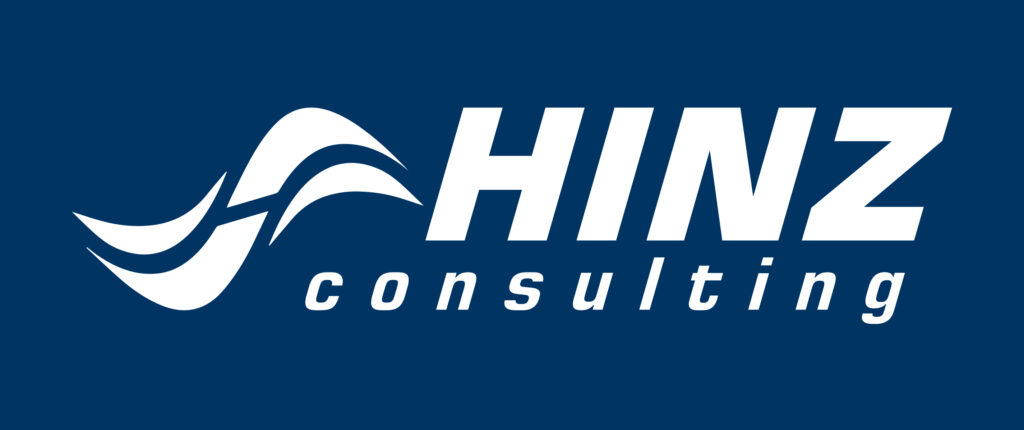Procurement services play a critical role in government contracting, ensuring that public sector agencies acquire goods, services, and works in a manner that is fair, transparent, and cost-effective. This comprehensive guide explores what procurement services entail, their importance, the key processes involved, and the benefits they bring to both the government and contractors.
Understanding Procurement Services

Procurement services refer to the end-to-end process of acquiring goods and services from external sources. In government contracting, this involves a series of structured activities designed to meet the needs of public sector organizations while adhering to stringent regulatory and compliance standards. These services encompass everything from the initial identification of a need to the final delivery and evaluation of the procured goods or services.
Importance of Procurement Services in Government Contracting
- Efficiency and Cost-Effectiveness: Effective procurement services ensure that government agencies obtain the best value for their expenditures. By streamlining procurement processes, public sector organizations can reduce costs and improve efficiency.
- Transparency and Accountability: Procurement services help maintain transparency and accountability in government spending. This is crucial for maintaining public trust and ensuring that taxpayer money is spent responsibly.
- Compliance and Risk Management: Adhering to procurement regulations and standards helps mitigate risks and ensures compliance with legal and ethical guidelines. This is essential for avoiding legal disputes and ensuring fair competition.
- Quality and Performance: Robust procurement services ensure that government agencies receive high-quality goods and services that meet their needs. This is critical for the successful implementation of public sector projects and programs.
Key Processes in Government Procurement Services
- Needs Assessment and Planning: The first step in the procurement process involves identifying the specific needs of the government agency and planning the procurement strategy. This includes defining the scope, budget, and timeline for the procurement.
- Market Research and Supplier Identification: Conducting market research to identify potential suppliers and contractors is essential. This step involves evaluating the capabilities and qualifications of suppliers to ensure they can meet the requirements of the contract.
- Solicitation and Bidding: The solicitation process involves issuing a Request for Proposals (RFP), Request for Quotations (RFQ), or Invitation for Bids (IFB) to potential suppliers. Bidders then submit their proposals or bids, which are evaluated based on predefined criteria.
- Evaluation and Selection: The evaluation phase involves assessing the submitted bids or proposals against the criteria outlined in the solicitation documents. This step ensures that the selected supplier offers the best value and meets all requirements.
- Contract Award and Negotiation: Once a supplier is selected, the contract is awarded, and negotiations may take place to finalize terms and conditions. This step includes drafting and signing the contract, ensuring all legal and compliance requirements are met.
- Contract Management and Administration: Effective contract management involves overseeing the execution of the contract to ensure that the supplier delivers as promised. This includes monitoring performance, managing any changes or amendments, and addressing any issues that arise.
- Delivery and Inspection: Upon delivery of the goods or services, the government agency conducts inspections to verify that they meet the specified requirements and quality standards.
- Payment and Closure: The final steps involve processing payments to the supplier and formally closing the contract. This includes conducting a post-contract evaluation to assess the overall success and any lessons learned.
Benefits of Procurement Services
- Cost Savings: By leveraging competitive bidding and strategic sourcing, procurement services can significantly reduce costs for government agencies. This ensures that public funds are used efficiently and effectively.
- Improved Quality and Innovation: Procurement services encourage suppliers to offer high-quality products and innovative solutions. This results in better outcomes for public sector projects and services.
- Risk Reduction: Structured procurement processes help identify and mitigate risks associated with supplier performance, compliance, and contractual obligations. This enhances the overall reliability of government procurement.
- Enhanced Supplier Relationships: Effective procurement services foster positive relationships with suppliers, encouraging collaboration and long-term partnerships. This can lead to better service delivery and more favorable contract terms.
- Transparency and Integrity: Adhering to procurement best practices ensures that the process is transparent and fair. This upholds the integrity of government contracting and fosters public trust.
Challenges in Government Procurement Services
Despite the many benefits, government procurement services face several challenges:
- Complex Regulatory Environment: Navigating the complex web of regulations and compliance requirements can be daunting for both government agencies and suppliers.
- Budget Constraints: Limited budgets can restrict the ability of government agencies to procure the best possible goods and services, potentially impacting project outcomes.
- Supplier Management: Managing relationships with a diverse range of suppliers can be challenging, particularly in ensuring consistent performance and addressing any issues that arise.
- Technological Integration: Implementing and maintaining advanced procurement systems and technologies requires significant investment and expertise.
Conclusion
Procurement services are a cornerstone of effective government contracting, ensuring that public sector agencies acquire the goods and services they need in a transparent, efficient, and cost-effective manner. By understanding the key processes and benefits of procurement services, government agencies can enhance their procurement strategies and achieve better outcomes. While challenges remain, ongoing improvements in procurement practices and technologies offer promising solutions for the future. Contact us to learn more!


